Coronavirus Australia: The debate over when to reduce restrictions around schools is a minefield
When a mother accused parents of having “blood on their hands”, Samantha Maiden knew things had reached a new level of weird.
COMMENT
It’s hard to pinpoint the exact moment that the debate on schools, kids, and COVID-19 in Australia descended into complete hysteria.
One minute the kids in my suburb were enjoying a few weeks of sunshine after smoke blanketed the city and closed the highway out to the beach.
The next, the coronavirus appeared on the horizon and parents seemed to divide into warring camps of those who wanted kids to stay at school and those calling for shutdowns.
RELATED: Follow the latest virus news
RELATED: Bold idea to release young people first
Personally, it was only when I read a Facebook post from a mother accusing parents who wanted to send kids to school of having “blood on their hands” that it was clear things had got pretty weird.
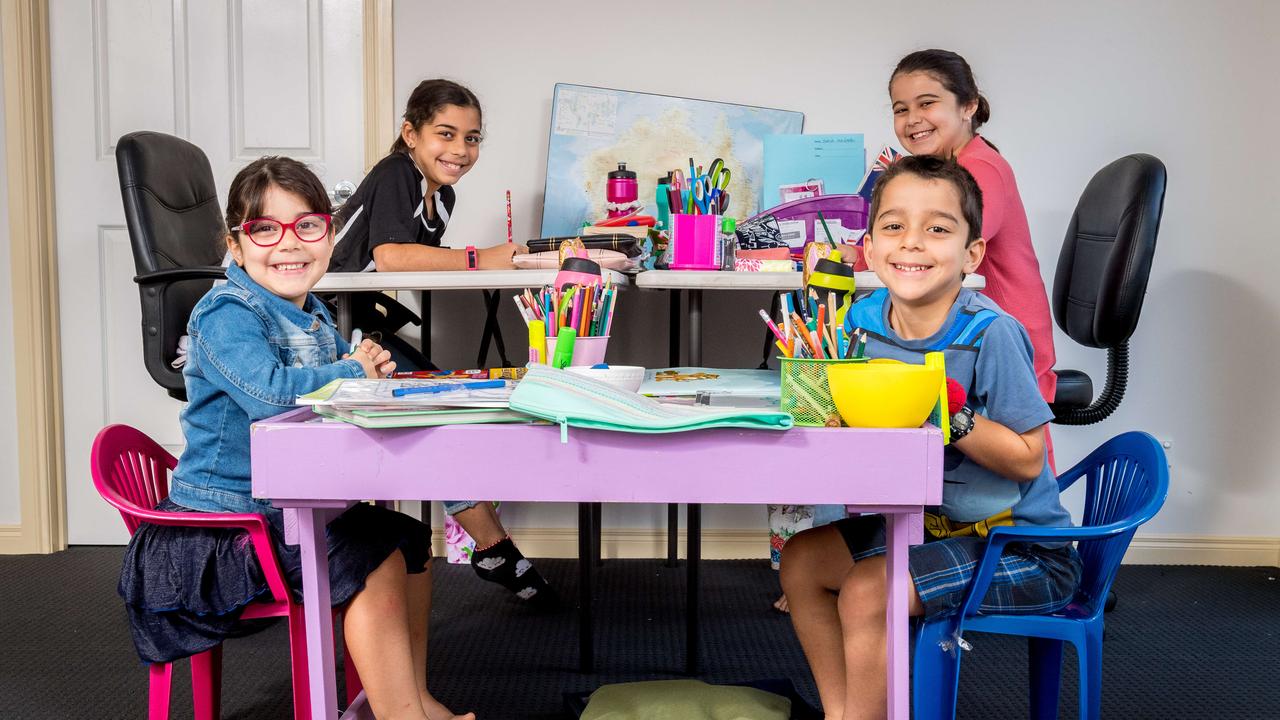
Another highlight - my 10-year-old son getting bailed up by a woman pushing a pram down at the local park and asked if he was in a “family group” with the other 10-year-old child at the basketball court. Unhappy with the answer, she started photographing them.
Like most Australians, my family supports the measures to introduce social distancing and close state and international borders. The border closures are vital and need to stay in place.
The debate over when to reduce restrictions around schools, however, is a minefield.
Many parents still believe that children are silent carriers of COVID-19 and schools are “petri dishes” with students infecting teachers.
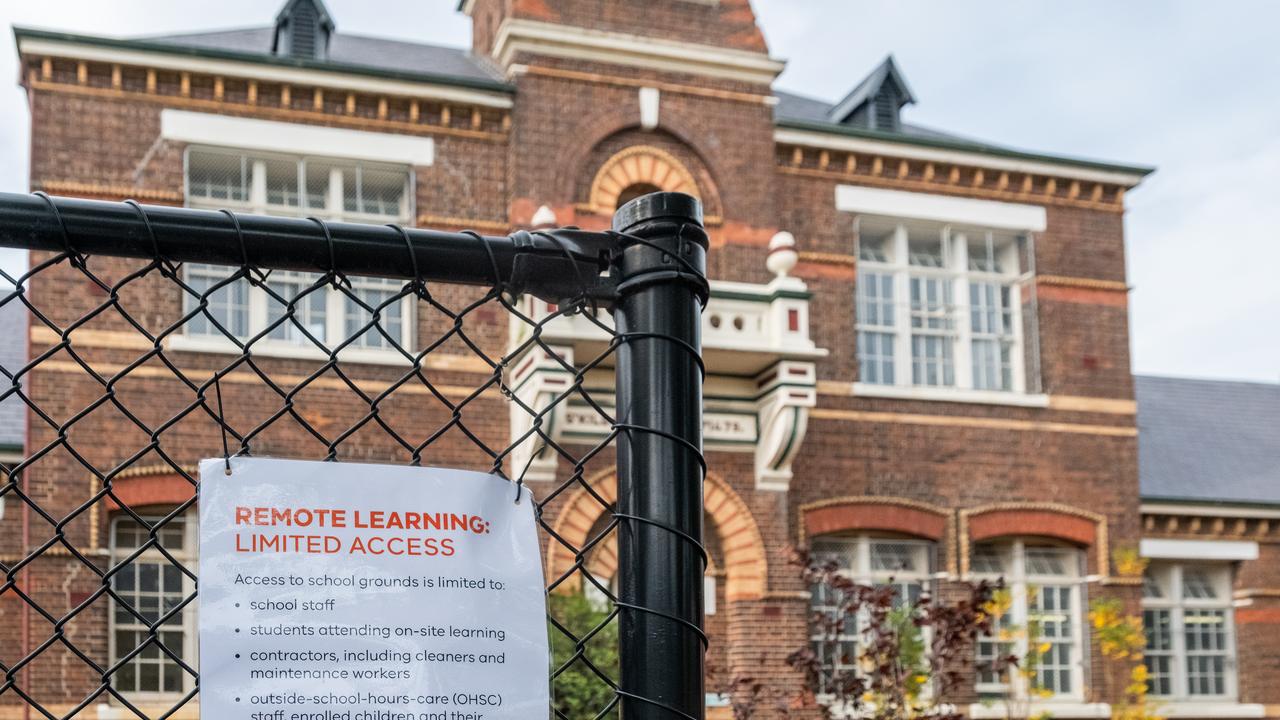
Some parents and teachers are happy to keep schools closed indefinitely if it “saves lives”.
But does it?
Some of the nation’s top scientific minds advising Australia’s COVID-19 response concede we simply don’t know yet if school closures have had a big impact at all.
But the early evidence here in Australia and China is that students are not big spreaders to adult teachers in school.
That’s why the argument “why can I teach a classroom of 30 kids but not go to a pub with adults?” is not a particularly good argument. It is different, according to the scientists who study the coronavirus.
RELATED: All the virus news from the past 24 hours
For years politicians have been urged to listen to the science on climate change, but teachers and parents who don’t want to return to classrooms won’t listen to the experts on COVID-19 and schools.
The official medical advice has never changed: schools remain safe to stay open.
What changed is some states buckled under the pressure of parents and teachers’ unions to close schools.
Many parents took that as a message that schools are unsafe. They promptly voted with their feet and kept kids at home.
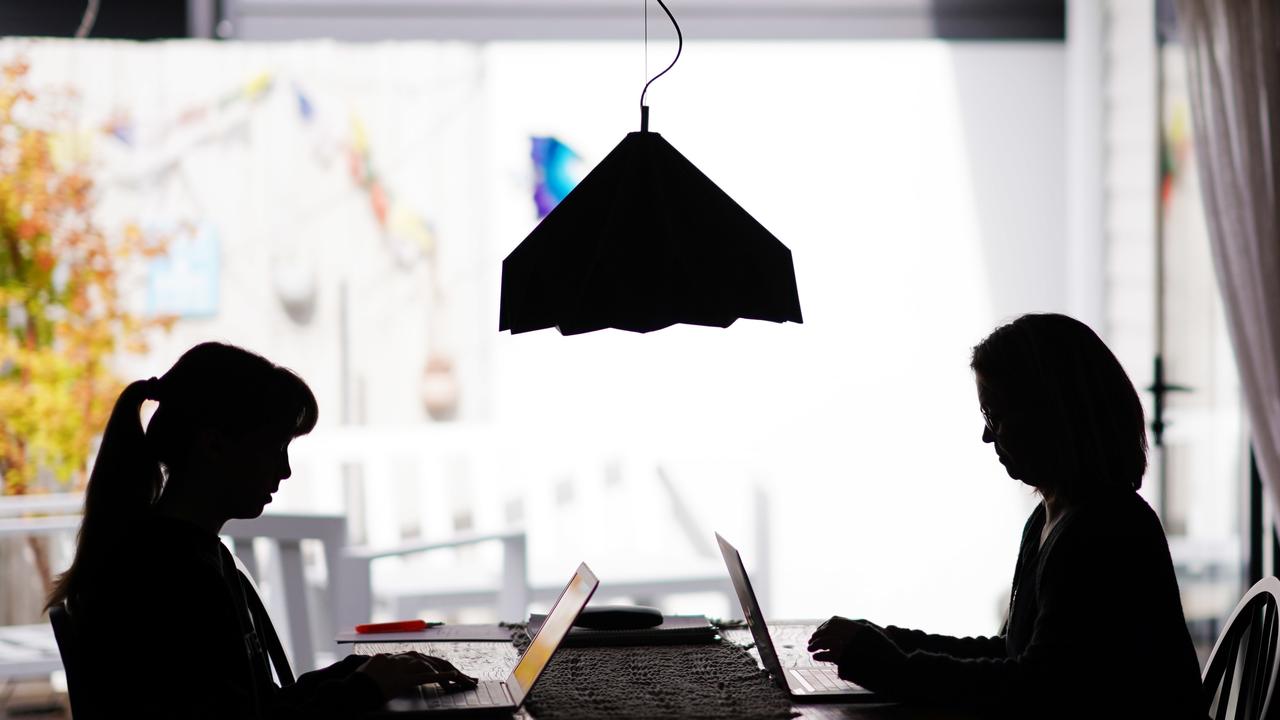
In some states, education ministers have proposed to re-open schools “when the health advice changes”, despite the fact it never advised to shut schools in the first place.
Around about the same time my son was getting bailed up by the basketball police in mid-March, the deputy chief medical officer Paul Kelly gave a very simple explanation about what we know about COVID-19 and kids.
“We know from where the virus has broken out, very few kids get the illness,’’ he said.
“Those that get the illness are mainly mild, they don’t appear to be transmitted between children – in fact, it’s more likely that children will get it from their own parents and other people in their households. And closing schools, we know, does cause a major disruption to society and to families.”
Just four days later, schools around the country started to effectively shut down.
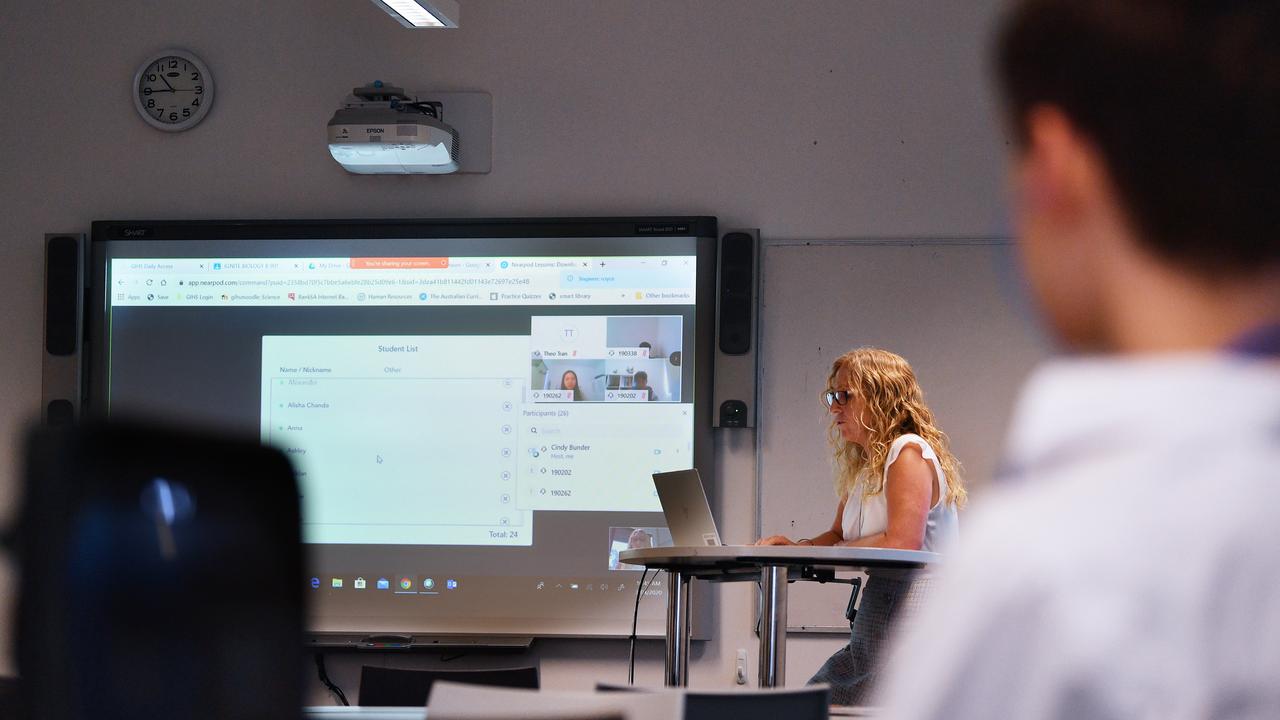
The idea of a sensible middle way, where you allow at-risk teachers to work from home and extend the same choice to families, was sacrificed on the altar of panic and fear.
So, don’t be fooled by the soothing tones of Prime Minister Scott Morrison’s love letter to the nation’s teachers this week in his Facebook video.
The message was blunt: If supermarket workers, truck drivers and hospital cleaners can fight COVID-19 for the minimum wage by simply doing their day jobs, why are teachers still working from home?
The Prime Minister’s message was designed to get parents to ask more questions about why schools are closed.
Respecting teachers’ amazing work educating children and making the switch to distance learning should not preclude parents from questioning politicians’ decision to close schools.
Despite claims essential workers can send children to school if necessary, many parents I have spoken to say teachers actively discourage this. Certainly, this was also my experience.
But the real risk of the current arrangements is not inconvenience for parents but
lifelong consequences for disadvantaged teenagers.
On the eve of a recession, some will leave school without even finishing high school and never return.
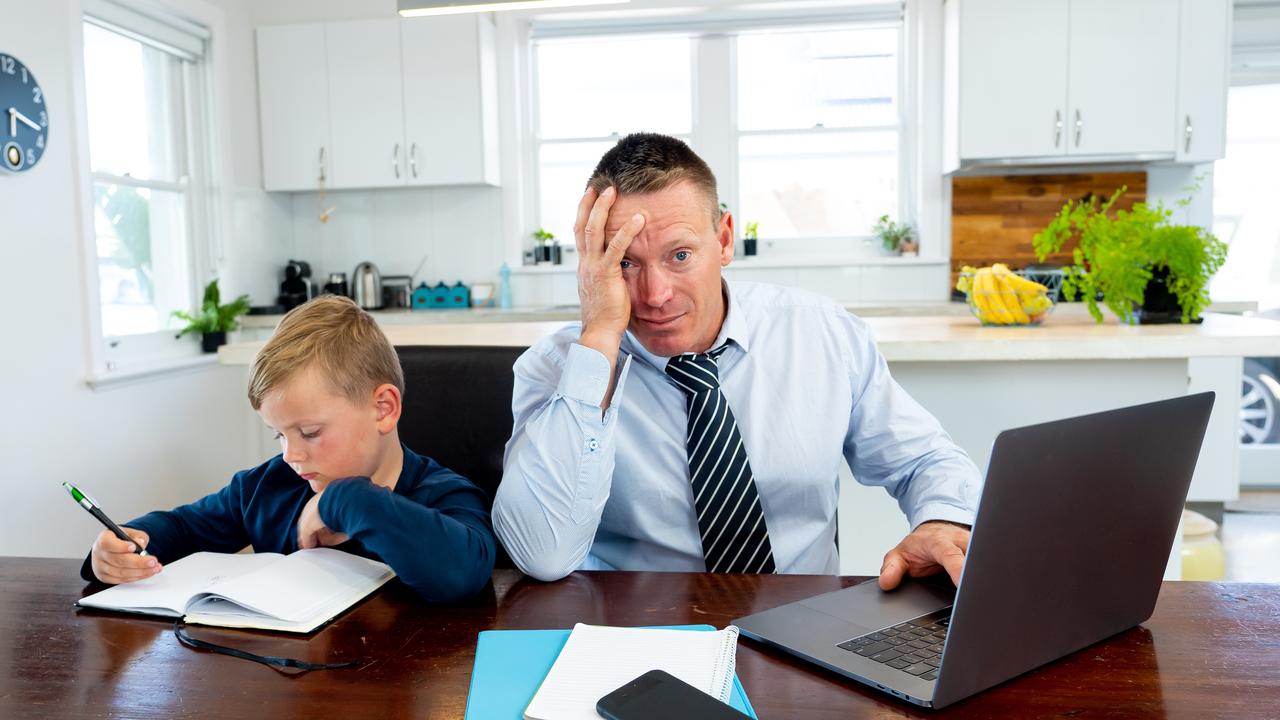
Others will be trapped at home with parents who may be struggling with unemployment, depression and substance abuse. These kids have a right to an education. They are safer at school.
As feared, many grandparents are being called on to help with homeschooling, just as authorities feared.
Just like the brawls over toilet paper in supermarket aisles, this is a debate that has sometimes seemed more driven by fear, emotion, and anxiety than science.
If you don’t want to send your kids to school, you remain free not to.
But families who want their kids to return to classrooms should be offered the same choice.
Samantha Maiden is news.com.au’s political editor.




